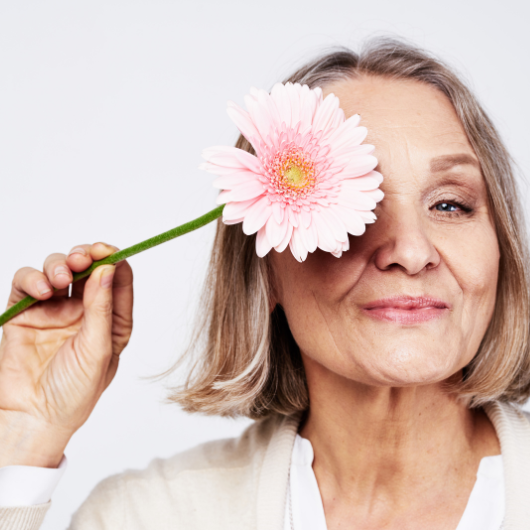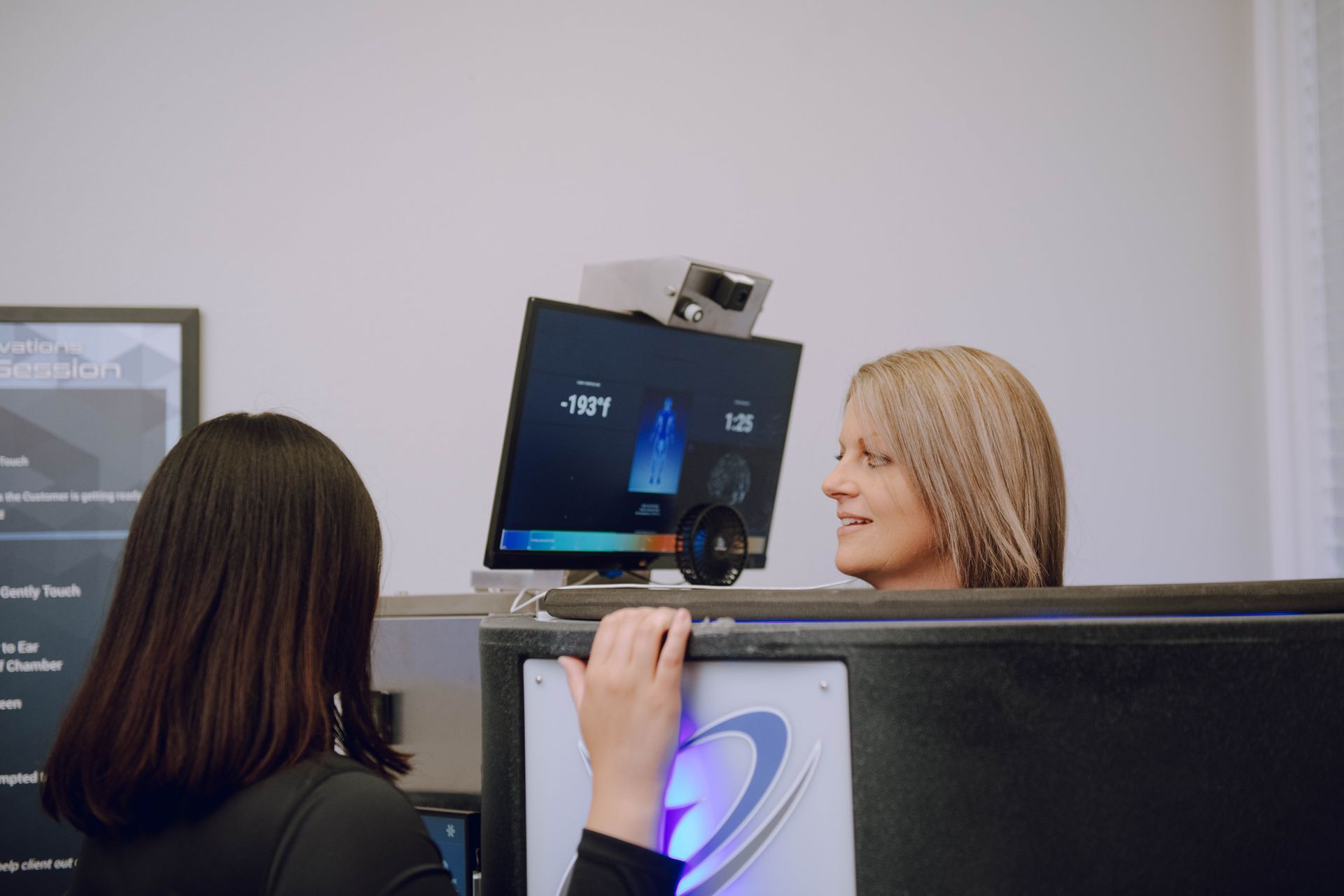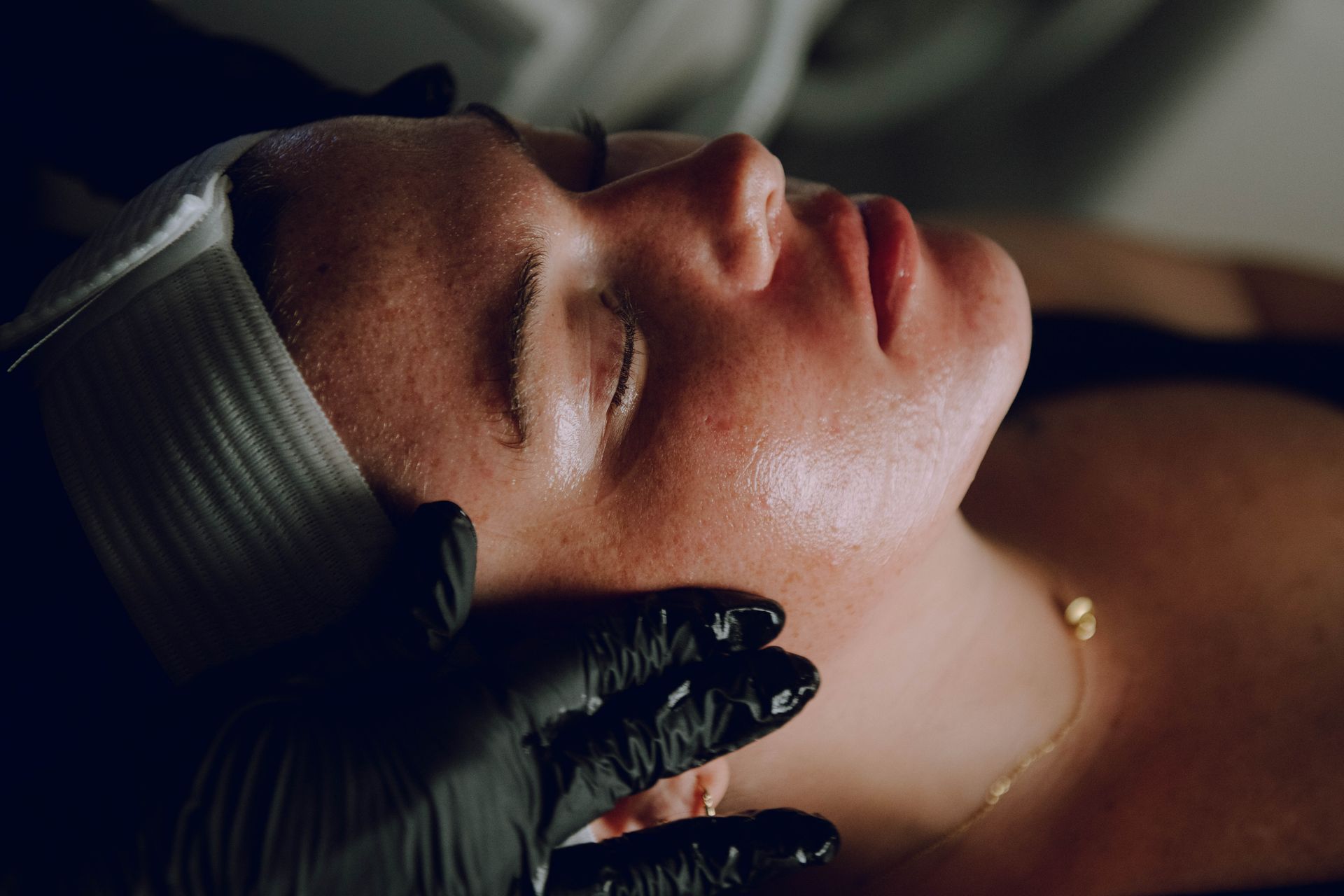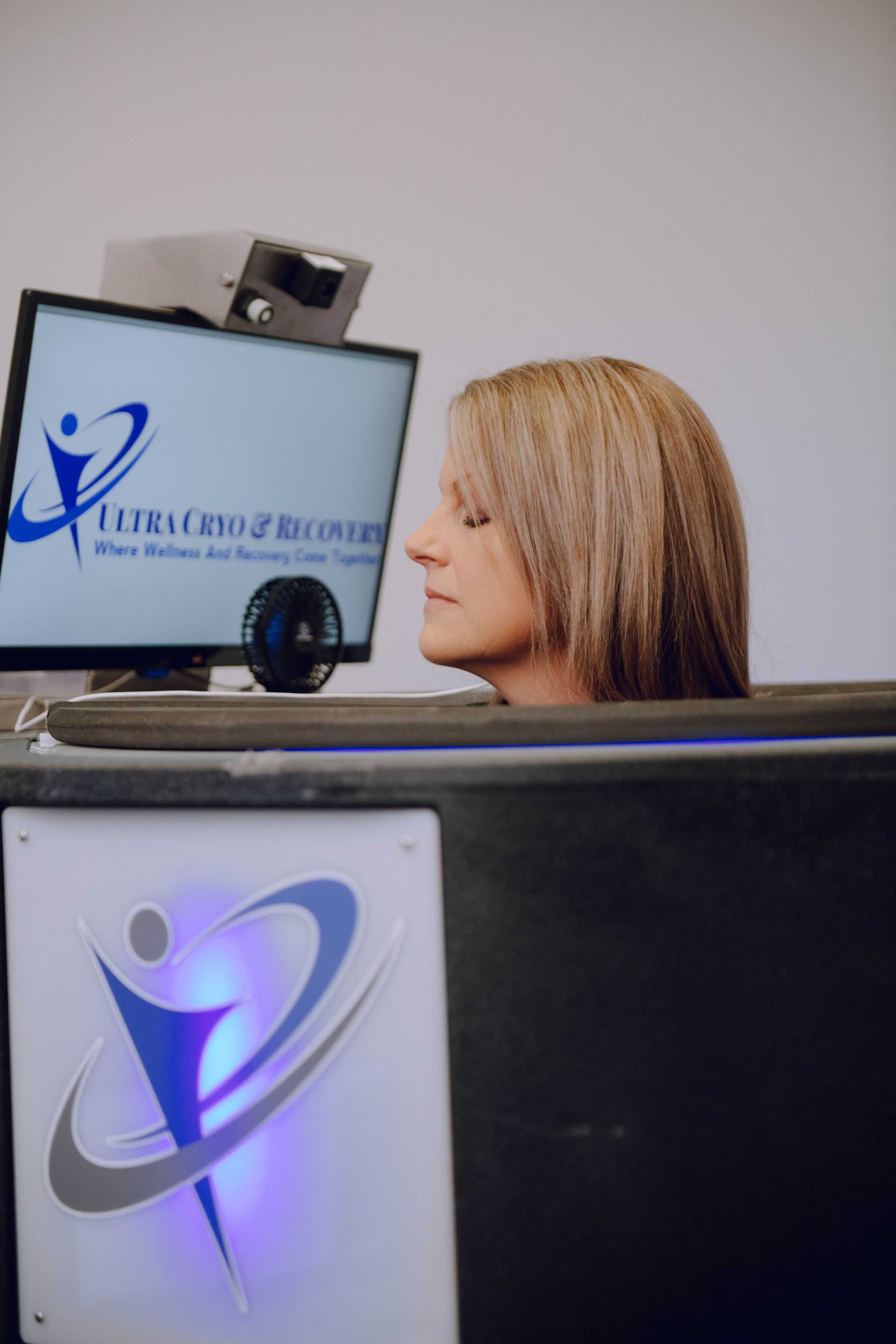As we journey through life, each year brings wisdom, cherished memories, and deeper self-awareness. Yet alongside these beautiful progressions comes a biological reality that many women over 35 face: the gradual decline of human growth hormone (often called the "anti-aging hormone").
Aging isn't just about celebrating another birthday. It's an intricate dance of hormonal changes that gradually dims our natural vitality.
The abundant growth hormone levels that kept us energized, toned, and resilient in our twenties naturally decrease, leading to changes that can feel frustrating and inevitable.
Those changes start subtly at first.
The deep, restorative sleep that once came easily becomes more elusive.
Muscles that stayed toned with minimal effort now require twice the work for half the results.
Skin that bounced back instantly begins to lose its natural elasticity.
Recovery from workouts that used to take hours now demands days.
It's not just about the changes you see in the mirror - though the gradual softening of muscle definition, decreased energy, and subtle signs of aging are hard to ignore. It's about how these hormonal shifts affect your daily life, from the quality of your sleep to your ability to bounce back after physical activity.
This isn't about vanity; it's about maintaining the vibrant quality of life you deserve.
But as our natural growth hormone production declines with age, traditional anti-aging methods become less effective at supporting our body's needs. The challenge isn't just physical; it affects your emotional wellbeing, mental clarity, and overall zest for life.






















